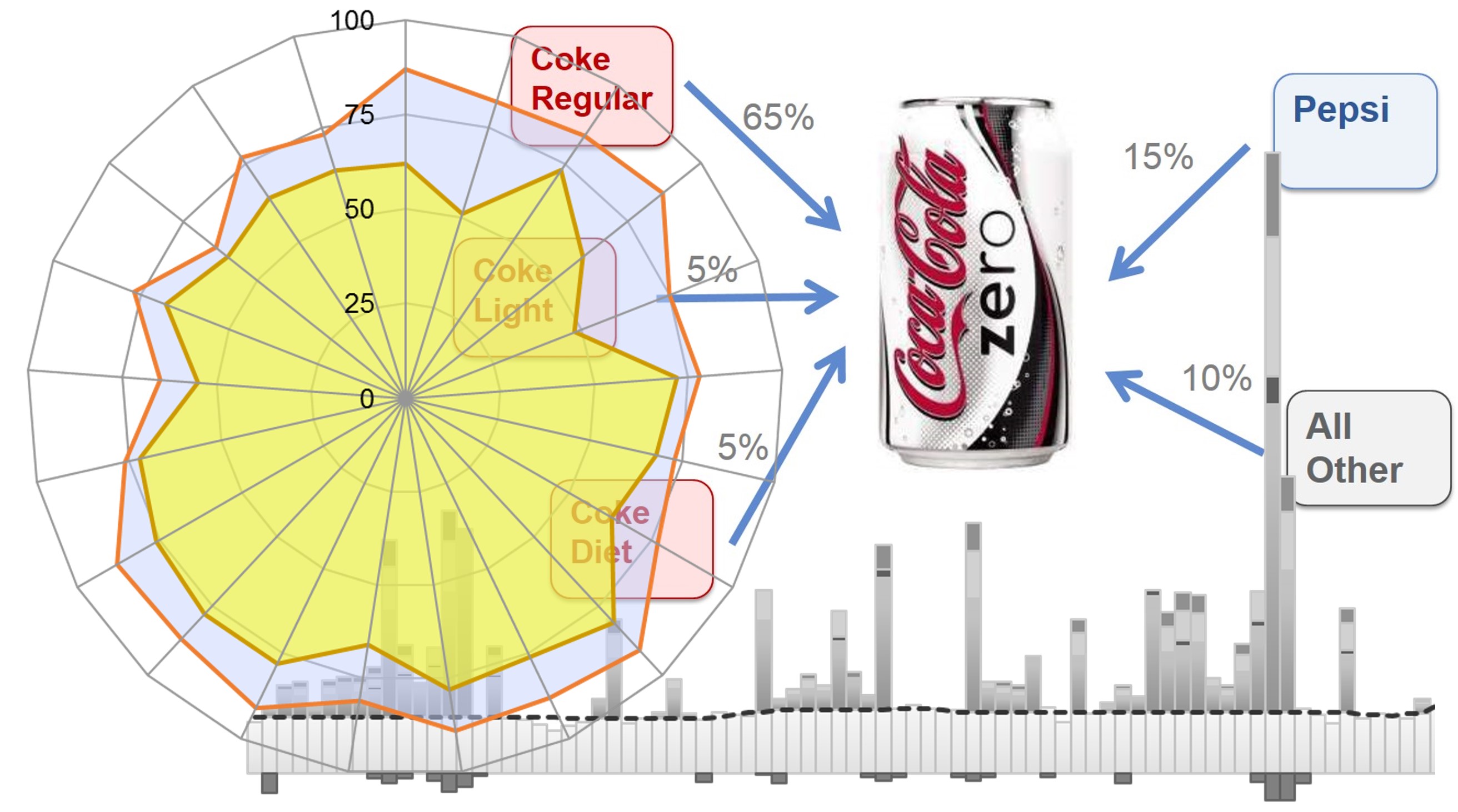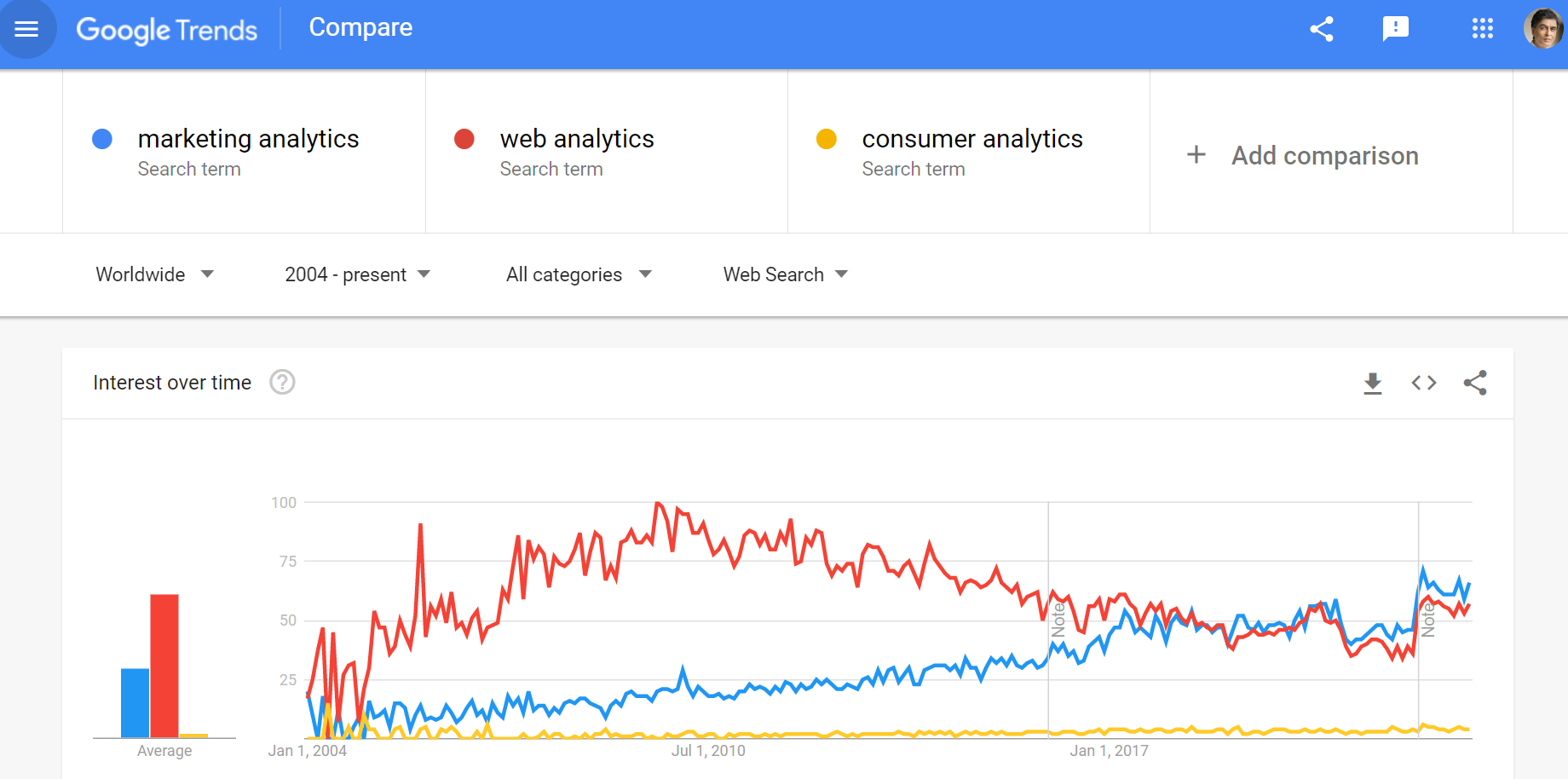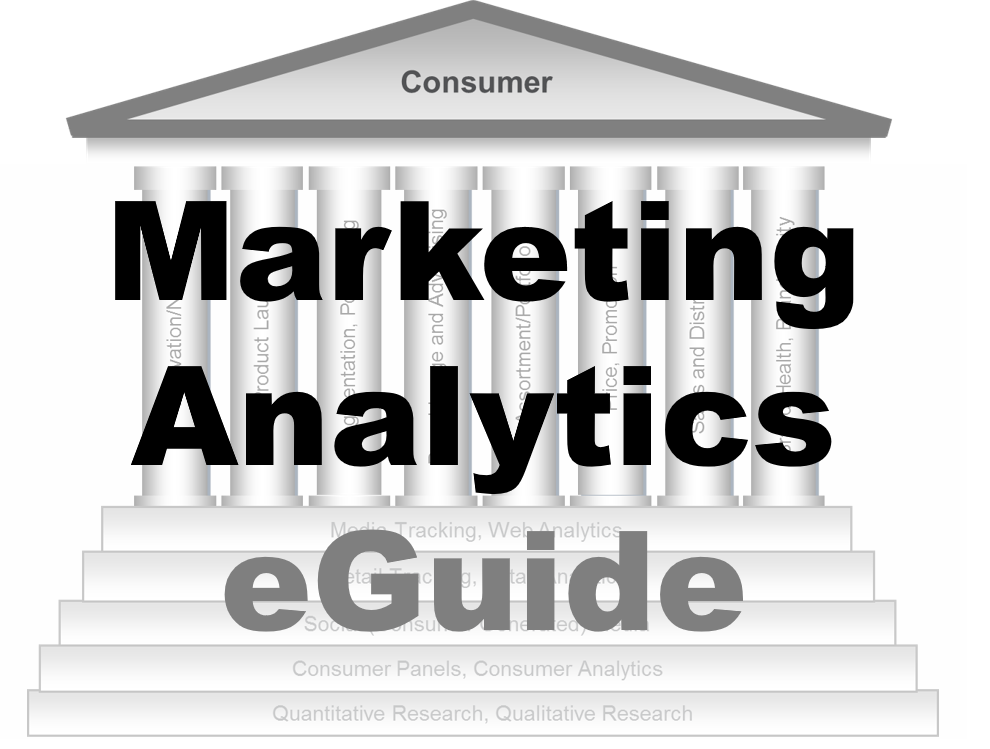-
SEO
Preview
Search — Overview
Source and Medium
How Search Engines Work
Search Engine Optimization (SEO) — Overview
Strategize
On-page Optimization
Landing Pages — Approach to SEO
Targeting Keywords and Phrases
Long Tail and Short Tail Keywords
Category, Brand and Competitor Keyword
Keyword Synonyms
Keyword Density
Placing Keywords
Schema.org
Internal Linkages
Breadcrumb
Regulating Crawlers: sitemap.xml and robots.txt
Page Speed
Mobile Usability
Attracting Inbound Links
Off-page Optimization
PageRank — Measure of Authority of webpage
Link Equity
Unnatural or Artificial Links
Review
Performance Metrics
Website Grading Tools
Google Search Console
SEO — Exercise
- New Media
- Digital Marketing
- YouTube
- SEO
- Search Advertising
- Web Analytics
- Execution
- Case — Prop-GPT
- Marketing Education
- How to Choose the Right Marketing Simulator
- Self-Learners: Experiential Learning to Adapt to the New Age of Marketing
- Negotiation Skills Training for Retailers, Marketers, Trade Marketers and Category Managers
- Simulators becoming essential Training Platforms
- What they SHOULD TEACH at Business Schools
- Experiential Learning through Marketing Simulators
-
MarketingMind
SEO
Preview
Search — Overview
Source and Medium
How Search Engines Work
Search Engine Optimization (SEO) — Overview
Strategize
On-page Optimization
Landing Pages — Approach to SEO
Targeting Keywords and Phrases
Long Tail and Short Tail Keywords
Category, Brand and Competitor Keyword
Keyword Synonyms
Keyword Density
Placing Keywords
Schema.org
Internal Linkages
Breadcrumb
Regulating Crawlers: sitemap.xml and robots.txt
Page Speed
Mobile Usability
Attracting Inbound Links
Off-page Optimization
PageRank — Measure of Authority of webpage
Link Equity
Unnatural or Artificial Links
Review
Performance Metrics
Website Grading Tools
Google Search Console
SEO — Exercise
- New Media
- Digital Marketing
- YouTube
- SEO
- Search Advertising
- Web Analytics
- Execution
- Case — Prop-GPT
- Marketing Education
- How to Choose the Right Marketing Simulator
- Self-Learners: Experiential Learning to Adapt to the New Age of Marketing
- Negotiation Skills Training for Retailers, Marketers, Trade Marketers and Category Managers
- Simulators becoming essential Training Platforms
- What they SHOULD TEACH at Business Schools
- Experiential Learning through Marketing Simulators
Targeting Keywords and Phrases
Exhibit 25.4 Google Trends reveals the growth/decline and the popularity (extent of usage) of keywords.
Central to search targeting and SEO strategy is the choice of the right keywords. Marketers need to know the range of words and phrases that target customers enter into the search box when searching for their products or services. They should target a collection of keywords and phrases, including some that are more generic in nature, drawing a wider audience, and others that are more specific, to trigger conversion. These keywords then need to be weaved into content of relevant pages.
A large number of tools exist for discovering and prioritizing alternative keywords, including the Google Ads Keyword Planner that is discussed in the chapter Search Advertising. Though it is developed for advertising, the planner is well suited for discovering organic keywords.
Some of the popular tools for discovering and prioritizing keywords are listed here:
- Google Ads – Keyword Planner: This Google Ads’ facility lets you discover new keyword ideas particularly in the context of your search ad campaigns. Based on a website or based on a list of products or services, the Keyword Planner recommends keywords and phrases for you to target. Although it is primarily designed for advertising purposes, the planner is also useful for discovering organic keywords. For more details, refer Chapter Search Advertising.
- Google Search Console KPIs supported by the console include impressions, clicks, CTR and the average position. This tool is particularly useful for assessing how a website is performing and for prioritizing existing keywords. However, it may not be as effective as the Keyword Planner for discovering new keywords.
- Google Trends can be used to identify the terms that appear more frequently on the internet. Take Exhibit 25.4 for example. This chart tells us that the term ‘marketing analytics’ is becoming increasingly popular, while ‘web analytics’ is declining in usage. Additionally, both of these terms are used more frequently than ‘consumer analytics’.
- Keyword Tool.
- Moz Keyword Explorer.
- Wordtracker.
While these tools are useful aids, ultimately you need to rely on a deeper understanding of your markets to finalize the keywords and phrases that best target your customers, and search optimize your website.
The number of keywords that you need to target depends on the nature of your website, and its purpose. To target a large number of keywords, it is preferable to structure the site into multiple layers and pages, each page targeting a few keywords, specific to that page. This would also improve the navigation and readability of the site.
Choice of keywords must relate to the page’s role in context of the digital marketing funnel. As they progress from prospects, to visitors, leads and customers, users have differing information needs.
To attract prospects, one should consider short tail, generic keywords, as well as some long tail phrases. On the other hand, it is better to use mainly long tail keywords for leads and conversions.
The home page targets prospects with both short and long tail keywords.
The short tail keywords (e.g., ‘buy apartment’) are traffic generators yielding high search volume, but they also attract much higher level of competition. So, unless you are a market leader, the likelihood of attaining a high rank is low. Smaller firms will need to advertise to draw traffic from these keywords.
Pages nested deeper within the web structure, should mainly target long tail keywords (e.g., ‘The Crest condominium for sale’) that relate to specific product offerings.
Previous Next
Use the Search Bar to find content on MarketingMind.
Digital Marketing Workshop

Unlock the Power of Digital Marketing: Join us for an immersive online experience designed to empower you with the skills and knowledge needed to excel in the dynamic world of digital marketing. In just three days, you will transform into a proficient digital marketer, equipped to craft and implement successful online strategies.
Marketing Analytics Workshop

In an analytics-driven business environment, this analytics-centred consumer marketing workshop is tailored to the needs of consumer analysts, marketing researchers, brand managers, category managers and seasoned marketing and retailing professionals.
Contact | Privacy Statement | Disclaimer: Opinions and views expressed on www.ashokcharan.com are the author’s personal views, and do not represent the official views of the National University of Singapore (NUS) or the NUS Business School | © Copyright 2013-2024 www.ashokcharan.com. All Rights Reserved.






